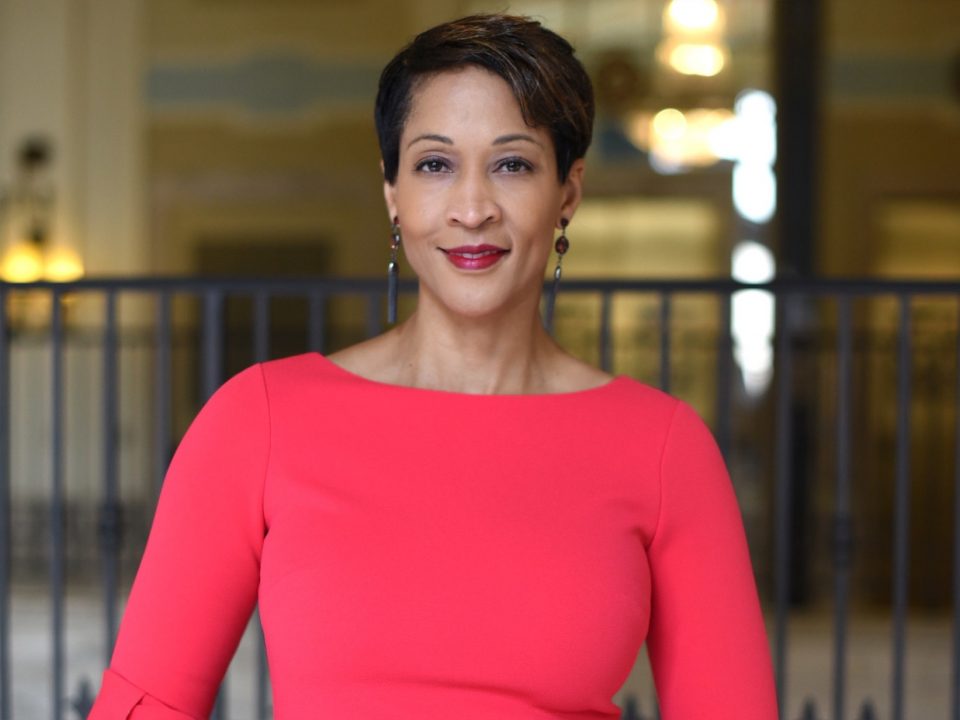
Corey Minor Smith is an attorney, author of the book #Driven, and founder of Corey Empowers and the Driven U Community. Smith, who experienced her mother deal with mental illness when she was young, has since been lending a helping hand to build awareness of mental health issues and what it means for individuals and particularly young people.
Smith spoke with rolling out about mental illness, the effect it has on youth, and what we can do to push the conversation forward.
What was that experience like for you seeing your mother deal with mental illness?
It was very challenging. It still can be challenging. My mother is doing well, and we always appreciate the times that she’s doing well. Individuals are able to live in recovery where they’re engaged in treatment and services, but severe mental illness is something that doesn’t just go away. What I have learned is that it’s best to try to be able to manage the symptoms, and everybody is different. Just because a person has the same diagnosis doesn’t mean they’ll exhibit the same types of behaviors, but it’s important to understand your loved one’s behaviors and to help them to understand their behaviors.
There are so many traumatic things that children are facing, and we tend to not think about them as a factor as a person that’s in the household, but they’re experiencing and observing things that we may think because we’re shutting the door, they don’t see. It’s important for those who are caregivers of children, whether you’re the parent or not – you could be a guidance counselor or a teacher – that just takes that extra step to take students under your wing to ensure that they’re receiving their physical examinations, and not limiting those physical exams to just the physical body, but also mental health assessments.
What advice would you give someone who has a family member or friend who is struggling with their mental health?
I have a triple-A strategy. That is to acknowledge, accept and advocate.
[Number one], acknowledge that mental health and mental illness are real. Notice your friend is not just acting out for attention, that your friend could very well have a mental health condition.
Number two, accept that your friend’s behaviors are related to a mental health condition or severe mental illness, and it can be treated. Unfortunately, so many are living untreated, but when you accept, you can know that this person may never be who you expect them to be, because their behaviors may limit that opportunity in life.
Number three, advocate as you acknowledge and accept; all of that is coupled with learning because you’re learning more. You will be able to help your friend by advocating and speaking up, contacting organizations and treatment providers on your friend’s behalf, or at least having resources readily available at your fingertips.








